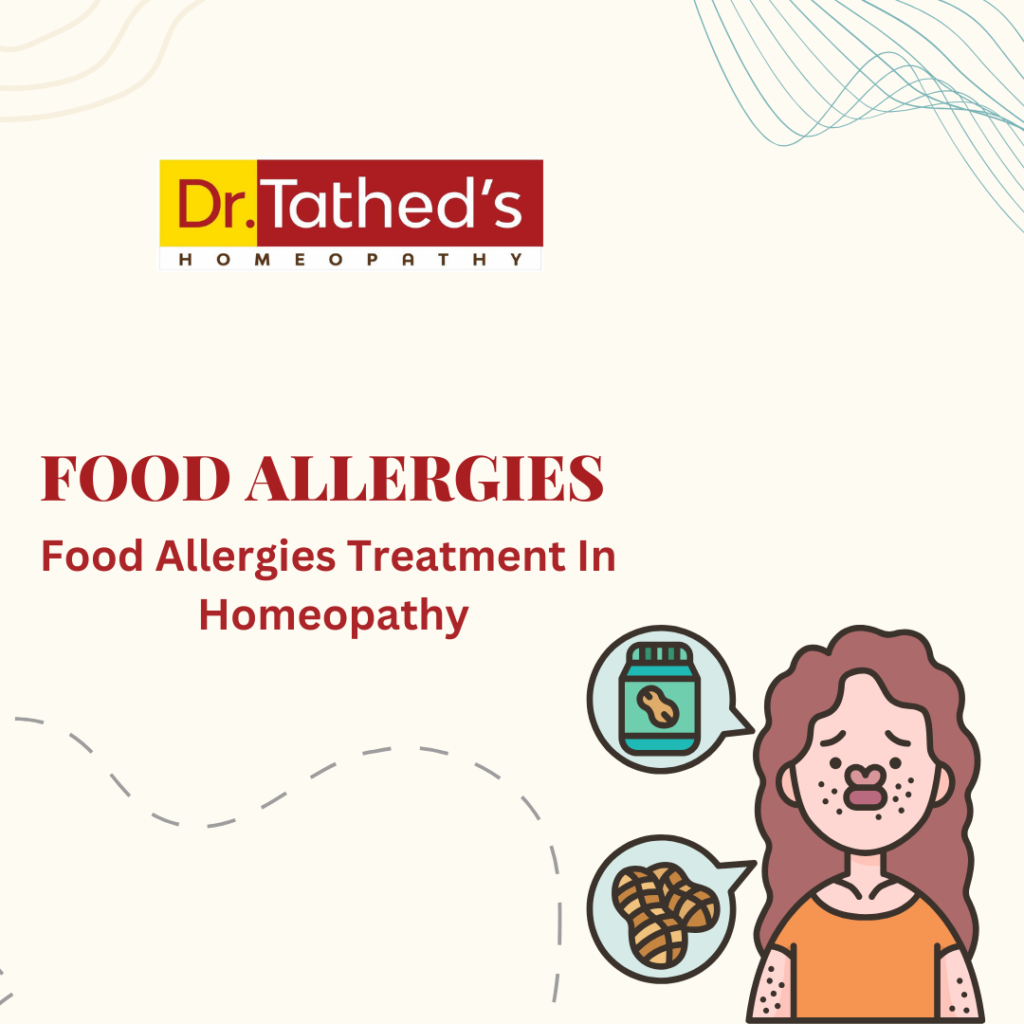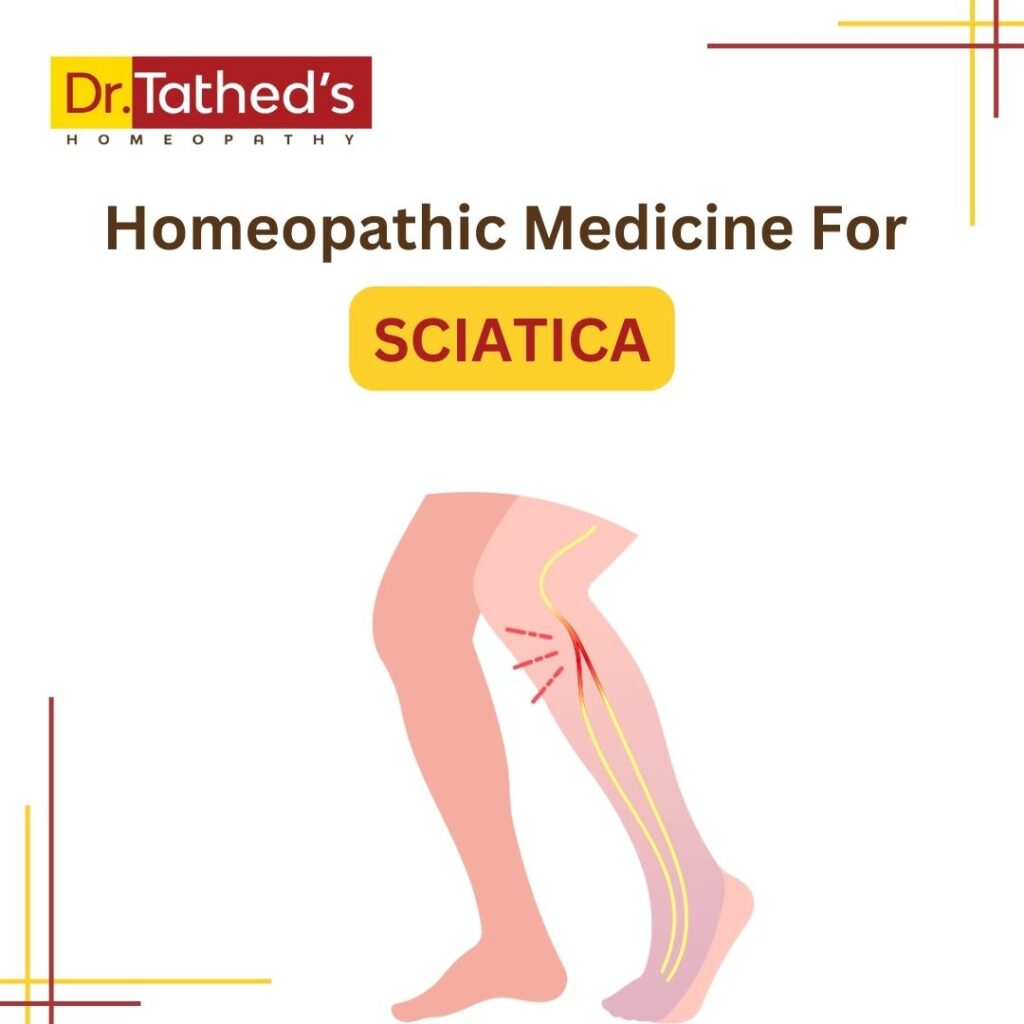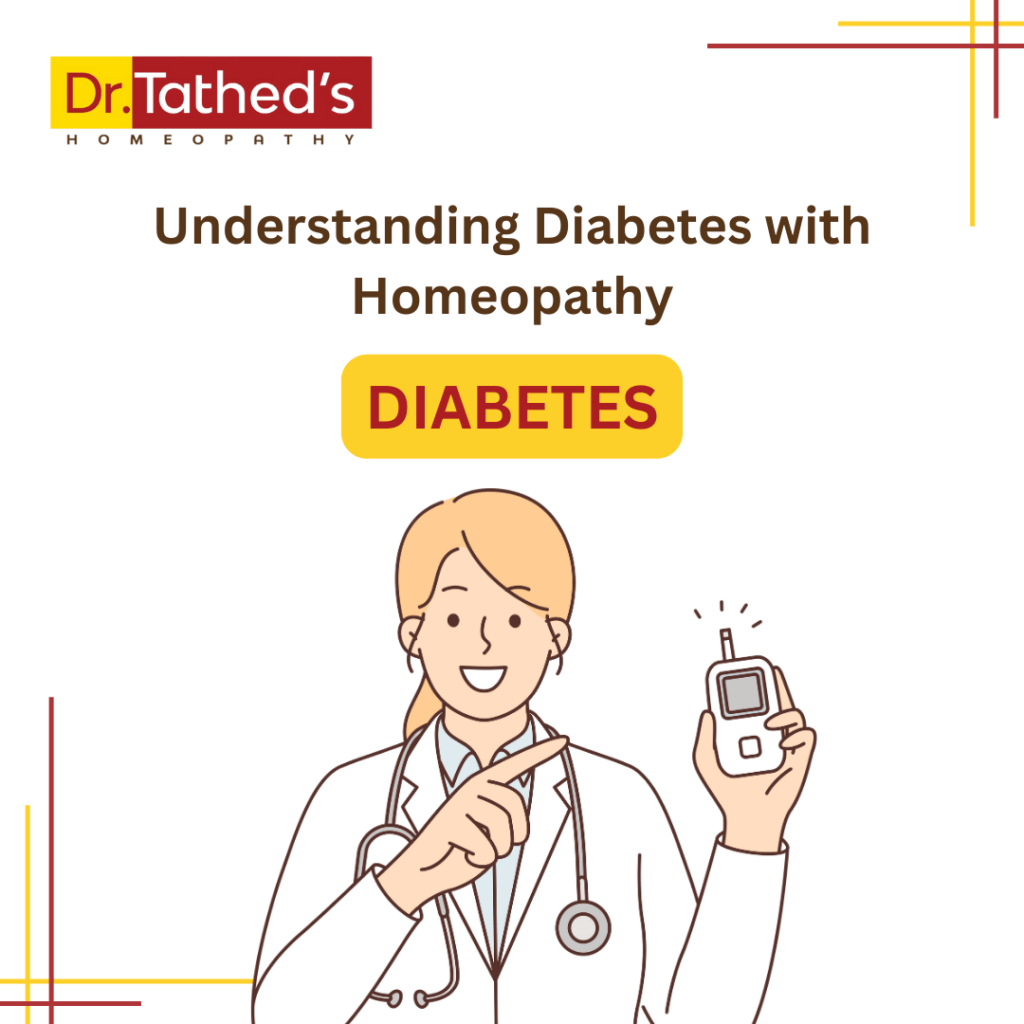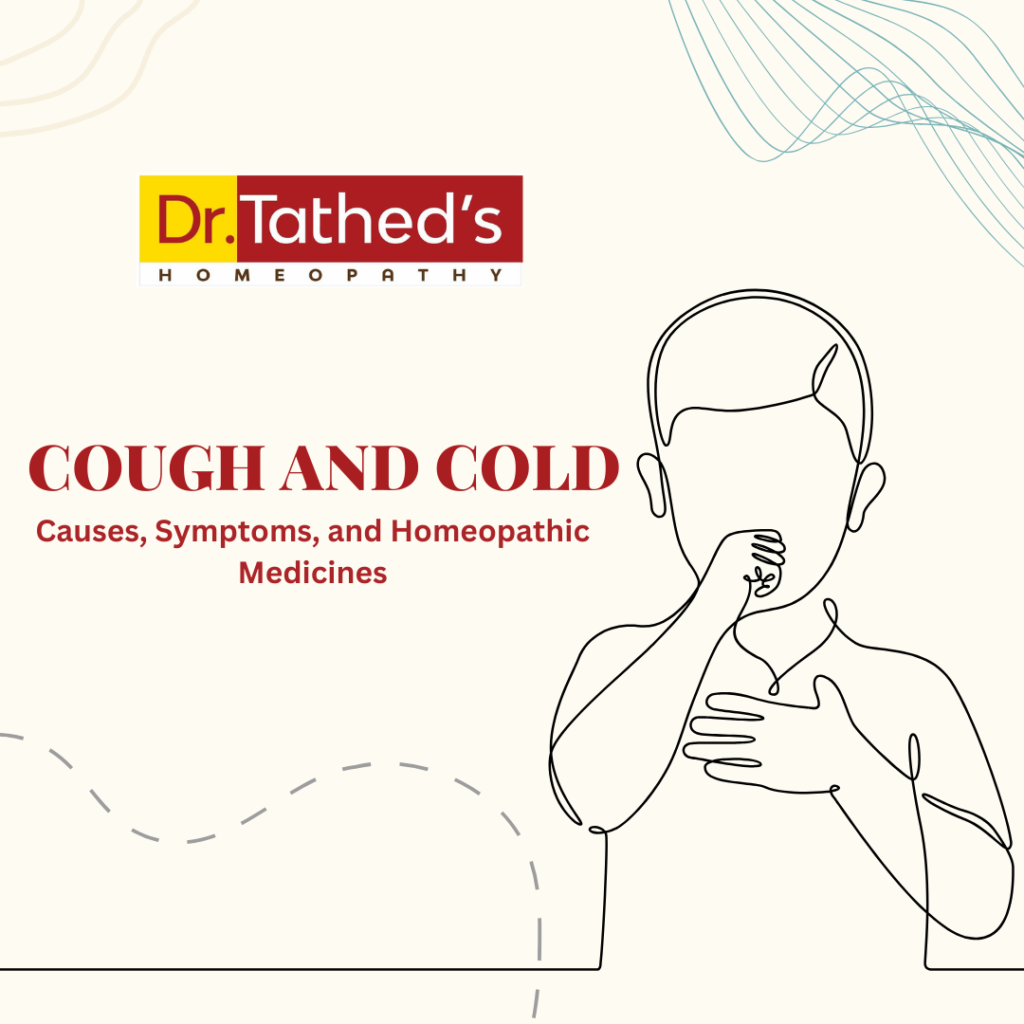Food Allergies and Homeopathy
Introduction
Food allergies are more common than ever, affecting millions of people worldwide. Imagine enjoying a meal only to experience sudden itching, swelling, or even difficulty breathing. For some, even a trace of a certain food can trigger a life-threatening reaction. Food allergies occur when the immune system mistakenly identifies a harmless food protein as a threat, leading to an overreaction. This reaction can cause symptoms ranging from mild discomfort to anaphylaxis, a severe and potentially fatal condition.
Many people often confuse food allergies with food intolerance. However, they are not the same. Food intolerance does not involve the immune system and usually causes digestive discomfort rather than an immune response. Lactose intolerance, for example, results from the body’s inability to digest lactose, leading to bloating and gas. In contrast, food allergies involve the immune system and can lead to severe reactions affecting multiple organs.
Causes of Food Allergies
Food allergies develop when the immune system incorrectly identifies a protein in food as harmful. In response, it produces antibodies called Immunoglobulin E (IgE), which trigger the release of histamine and other chemicals. This immune response leads to the symptoms associated with food allergies.
The body’s reaction to food allergens can be influenced by genetic and environmental factors. If a parent has allergies, their child is more likely to develop them. Environmental factors such as pollution, diet, and lifestyle also play a role in triggering allergic responses. In some cases, food allergens are not broken down during digestion, allowing them to enter the bloodstream and spread throughout the body, leading to widespread allergic reactions.
Symptoms of Food Allergies
Symptoms of food allergies can range from mild to severe, depending on the individual and the amount of allergen consumed. Some people may experience mild itching in the mouth or a skin rash, while others may develop severe reactions, such as swelling of the throat and difficulty breathing.
In mild to moderate cases, symptoms may include hives, nausea, stomach pain, diarrhea, or an itchy sensation in the mouth. In severe cases, anaphylaxis can occur, which is a medical emergency requiring immediate treatment. Anaphylaxis symptoms include swelling of the tongue and throat, a rapid drop in blood pressure, dizziness, and loss of consciousness. If not treated promptly with an epinephrine injection, anaphylaxis can be fatal.
Types of Food Allergies
There are several types of food allergies, each affecting individuals differently. One common type is Pollen Food Allergy Syndrome, also known as Oral Allergy Syndrome. People with this condition experience itching or swelling in the mouth when eating certain raw fruits, vegetables, or nuts due to their similarity to pollen proteins.
Exercise-Induced Food Allergy Syndrome occurs when certain foods, combined with physical activity, trigger an allergic reaction. This condition can lead to hives, breathing difficulties, or even anaphylaxis. Avoiding food consumption for several hours before exercise can help prevent this reaction.
Food Protein-Induced Enterocolitis Syndrome (FPIES) is a severe condition affecting infants and young children. It leads to vomiting and diarrhea several hours after consuming certain foods such as milk, soy, or grains. Unlike immediate allergic reactions, FPIES symptoms appear later, making diagnosis challenging.
Eosinophilic Esophagitis is another type of food allergy that causes inflammation of the esophagus. People with this condition often experience difficulty swallowing, chest pain, and heartburn. It is usually triggered by an allergic reaction to food proteins.
Risk Factors for Developing Food Allergies
Several factors can increase the risk of developing food allergies. Family history plays a significant role, as children of parents with allergies are more likely to develop them. Age is another factor, with infants and young children being more susceptible to food allergies due to their developing immune systems. Many children outgrow their food allergies, while others carry them into adulthood.
People with asthma are also at a higher risk of severe food allergy reactions. Asthma and food allergies often coexist, and having both conditions increases the likelihood of experiencing life-threatening allergic reactions. Those who already have other allergies, such as hay fever or eczema, are also more prone to developing food allergies.
Homeopathy and Food Allergies
Homeopathy offers a natural and holistic approach to treating food allergies by addressing the root cause rather than just managing symptoms. Unlike conventional treatments that focus on antihistamines or emergency epinephrine injections, homeopathy aims to regulate the immune system’s response, reducing the body’s overreaction to allergens.
Homeopathy views food allergies as a sign of an internal imbalance and seeks to restore harmony within the body. Over time, homeopathic remedies can help individuals develop tolerance to certain foods and reduce allergic reactions. Since homeopathic treatments are highly individualized, they are chosen based on a person’s specific symptoms and overall health condition.
Homeopathic Medicines for Food Allergies
Several homeopathic remedies can help manage food allergies effectively. Calcarea Carb is a well-known remedy for milk allergies. People who experience nausea, vomiting, bloating, or diarrhea after consuming dairy products may benefit from this treatment. It helps reduce the body’s sensitivity to milk proteins, making digestion easier.
Colchicum is commonly used for egg allergies, particularly when consuming eggs leads to stomach cramps, nausea, or excessive gas. This remedy can help soothe the digestive system and prevent discomfort after eating eggs.
Urtica Urens is highly effective for treating allergic reactions to shellfish and fish. It helps reduce symptoms such as hives, itching, and burning sensations on the skin. People who develop red, raised rashes after consuming seafood may find relief with this remedy.
Lycopodium is often prescribed for wheat allergies. Symptoms such as bloating, acid reflux, and excessive gas after consuming wheat products indicate the need for this remedy. It supports digestion and reduces wheat-induced inflammation in the gut.
Apis Mellifica is a powerful remedy for skin reactions caused by food allergies. It is particularly useful for treating hives, swelling, and intense itching that develop after consuming allergenic foods. It provides relief by reducing inflammation and soothing irritated skin.
Diagnosing Food Allergies
Diagnosing food allergies involves a combination of medical history, allergy testing, and dietary elimination. Skin prick tests can help identify specific food allergens by introducing small amounts of potential allergens into the skin. A blood test measuring IgE antibodies can also confirm allergic responses.
Elimination diets are often used to identify food allergens. By removing suspected foods from the diet and reintroducing them gradually, doctors can determine which foods trigger allergic reactions.
Managing Food Allergies
The best way to manage food allergies is by avoiding allergenic foods. Reading food labels carefully and being aware of hidden allergens in processed foods can prevent accidental exposure. People with severe food allergies should carry an epinephrine auto-injector at all times in case of anaphylaxis.
Maintaining a balanced diet is also essential for individuals with food allergies. Substituting allergenic foods with safe alternatives ensures proper nutrition without triggering allergic reactions.
Conclusion
Food allergies can significantly impact daily life, but understanding their causes, symptoms, and treatment options can help manage them effectively. Homeopathy provides a natural approach to treating food allergies by addressing the root cause rather than just suppressing symptoms. By strengthening the immune system and restoring balance, homeopathy offers long-term relief from food allergies
Contact Details :
Chinchwad Branch :
Call / WhatsApp : 094054 35981
Location : https://maps.app.goo.gl/L1aKNG3j712EmECp6
Viman Nagar Branch :
Call / WhatsApp : 08180008068
Location : https://maps.app.goo.gl/LnwfbLwwiDFuqwK76




